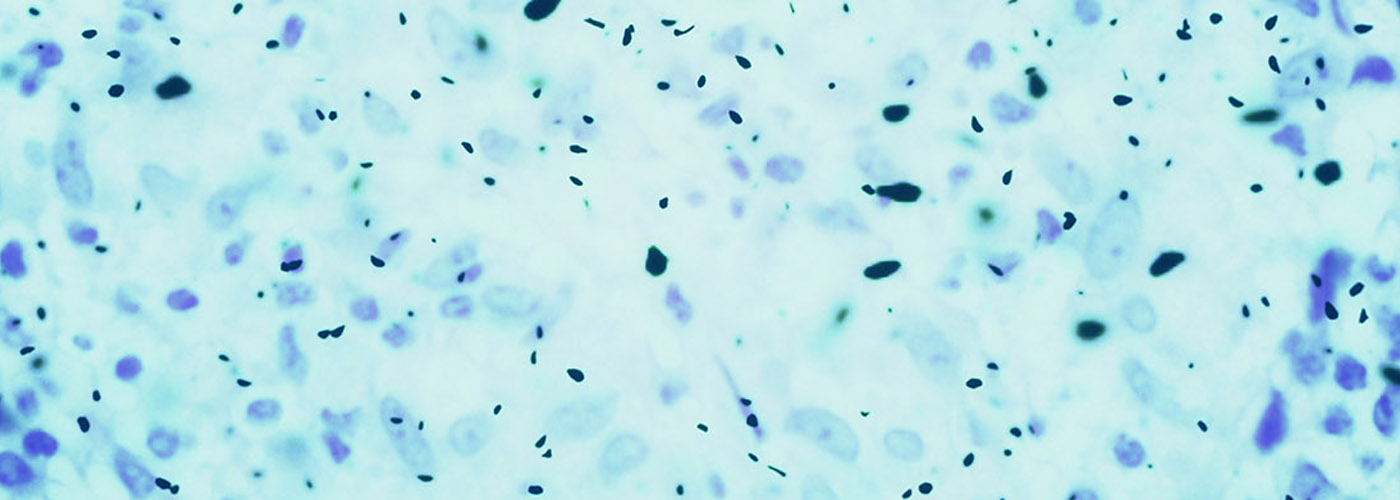
Bacteria display a variety of proteins on their surfaces which play important roles in the biology of the organism. Some are involved in uptake of nutrients, whereas others can act as antigens and play a part in the infection of human cells.
Surface structures play a vital role in mediating a diverse range of functions in bacteria. The cell wall coats the bacterium in a protective layer which contains the internal contents of the bacterium. Work within the grouping specifically addresses the synthesis of cell wall components, which are attractive targets for novel antibiotics. In the case of Gram-negative bacteria, proteins anchored within the outer membrane deliver a variety of functions: for example, they can act as adhesins, aiding adherence to host cells during invasion.
They also act as transporters for vital substrates and metal ions. Finally, they can function as antigens, are therefore targets for the immune response to infection and potentially valuable components of vaccines. Research conducted by members of the bacteriology grouping also concerns other aspects of bacterial physiology and genetics which relate to their ability to invade and maintain infection in animal and human hosts.
Principal investigators
Dr Aisha Baba Dikwa
Dr Ruth Ledder
